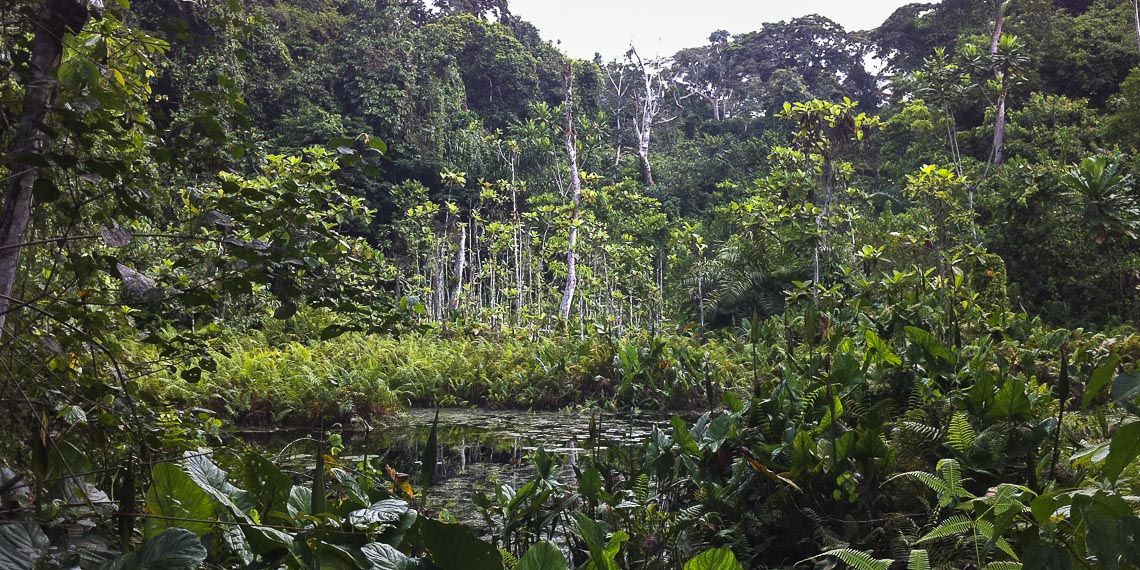Ankasa Forest is a tropical rainforest with a rich biodiversity and ecological significance. Ankasa Forest, a designated conservation area in the Western Region close to the Côte d’Ivoire border, is renowned for its diverse wildlife, unspoiled landscape, and importance to conservation.
A section of the broader Ankasa Conservation Area that encompasses Nini-Sushien National Park and covers an area of around 509 square kilometers, is one of the world’s largest tropical forests. With its thick undergrowth, soaring trees, and dense flora, the forest serves as a home for many different types of plants and animals.
The high biodiversity of the Ankasa Forest is one of its notable features. There are more than 500 plant species, as well as countless bird, butterfly, animal, reptile, and amphibian species living there. An astonishing range of tree species, some of which are uncommon and native to the area, may be found in the forest.
Ankasa Forest provides wonderful chances for exploration and discovery for those who are interested in wildlife and the natural world. Visitors may immerse themselves in the enchanting atmosphere of the forest through guided tours and nature walks while also watching and learning about the variety of species that call the area home. With more than 260 bird species documented in the forest, including numerous endangered and endemic species, it is particularly well known for its chances for birding.
Ankasa Forest also functions as a crucial ecological corridor, linking several habitats and promoting species movement across the environment. It is essential for the preservation of threatened species like chimpanzees, forest elephants, and the elusive bongo antelope. For these species to survive and keep their populations intact, the forest’s protection is essential.
Together with nearby communities, the Ghana Wildlife Division manages the forest as a protected area. By reducing threats like deforestation, illegal hunting, and unsustainable resource extraction, conservation activities strive to maintain the integrity of the forest and its ecosystem.
Ankasa Forest visitors can participate in a variety of activities to experience the natural beauty of the area. Options include camping, hiking, and animal viewing, in addition to guided excursions and birdwatching. The nearby settlements also provide chances for cultural immersion, where guests can discover the customs, practices, and arts of the locals.
In conclusion, Ghana’s Ankasa Forest is a treasure trove of ecological significance and variety. It is a paradise for nature lovers and a crucial bastion for the area’s biodiversity because of its lush rainforest, teeming fauna, and conservation initiatives. A compelling experience is offered by the forest, which displays the splendor and fragility of Ghana’s natural heritage.



